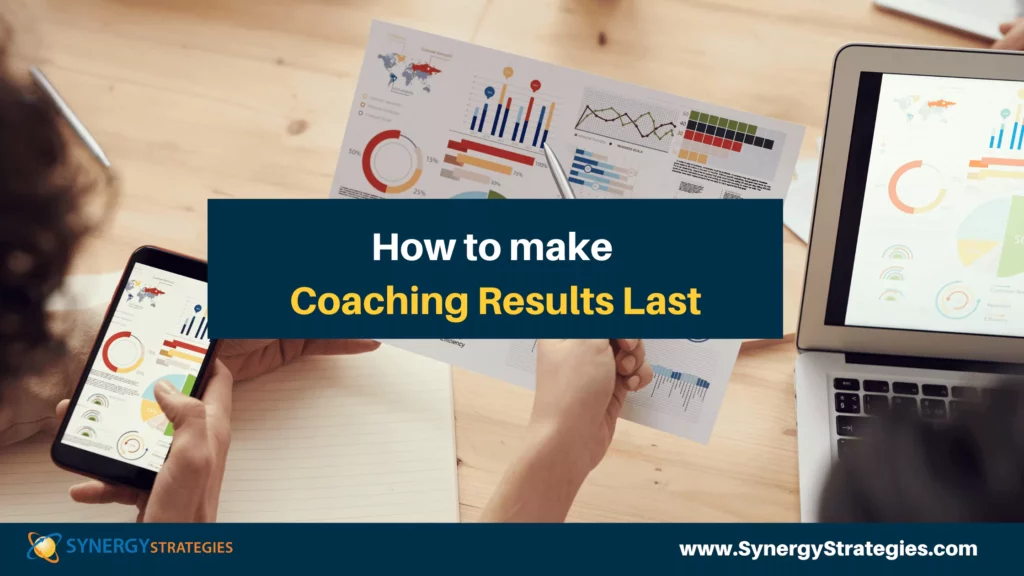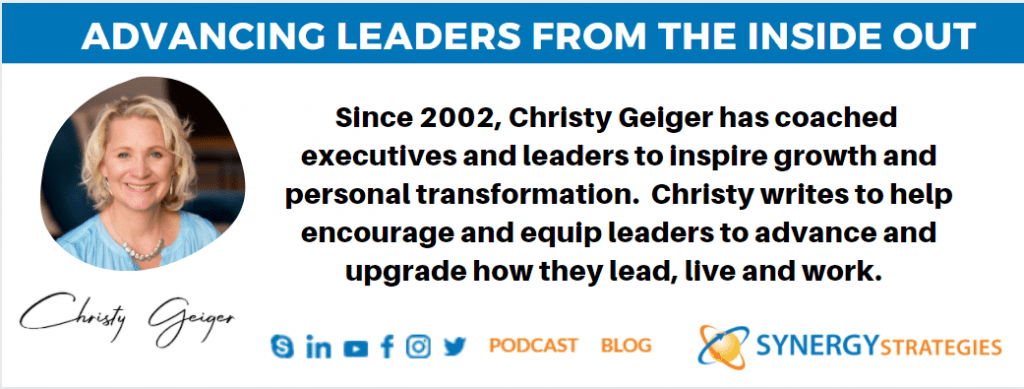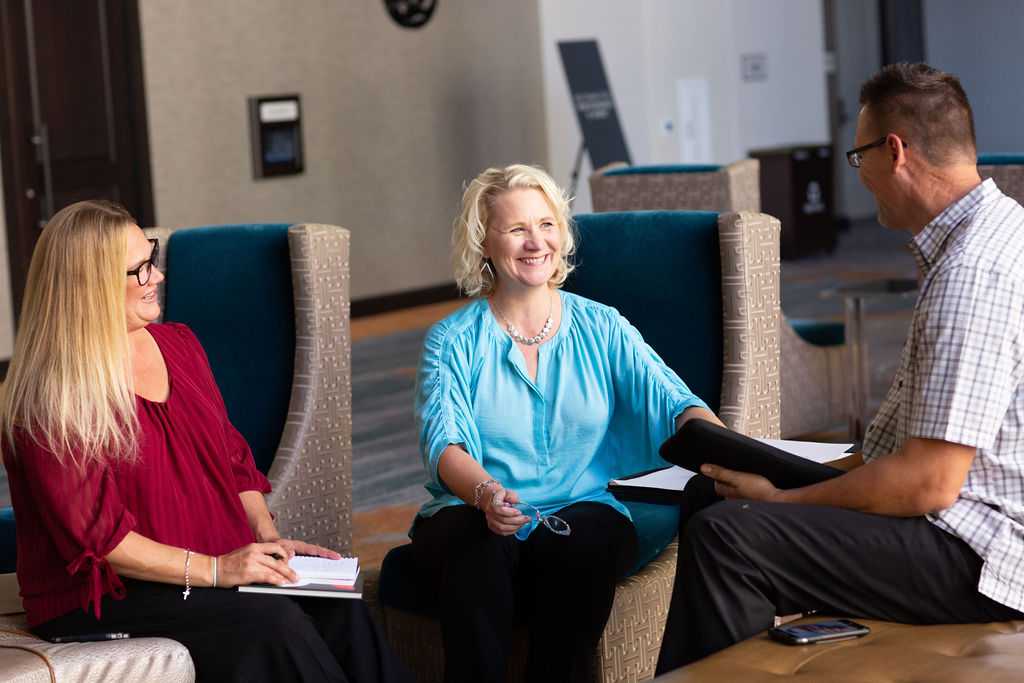As a coach, the most important thing I desire for my clients is that they walk away better than how they showed up. I want them to have more clarity, focus, and a plan to achieve their coaching results.
As a coach, I am constantly committed to improving my coaching skills to ask better questions and increase my awareness of how the mind and behavior work. This is important because our mindset and behavior change do not come from just “wanting” to change or “trying” to change, they come from discovery, insight, and creation of new mental models and frameworks to operate in a new and different way. To do this requires mental and emotional work.
There are a few things you can do to support this clarity, transformation, and greater impact.
A lady told me years ago, she said she didn’t think she needed coaching because she was smart enough to brainstorm and figure her problems out on her own. This is true. Most people are. That alone isn’t the point of coaching.

The point of coaching is to identify subconscious and seemingly invisible belief systems and blind spots that keep us from achieving the goals and objectives we desire. We all have them. That is why coaches have coaches too.
We can’t easily see our own blind spots, or they would not be blind spots. Without seeing these mindsets, values, and belief systems we are destined to accidentally repeat the same cycles, aka insanity (doing the same thing but expecting different results).
On our own, we tend to solve the problem the same way. We tend to see the challenges the same way. It is through the process of INSIGHT we can have fresh eyes on ourselves, challenges, and opportunities.
It does not stop there, however. Insight must be coupled with designed action and follow through. Therefore, the accountability of coaching is also instrumental in lasting change. Really, the work does belong to the client. The coach is just a guide. The “strike” (10 pins down in bowling) is the client’s role and skill. The coach is just there as a champion, mirror, and encourager checking form and execution to get the results the client desires.
Here are a few things you can do to support getting great coaching results that last:
- HAVE A TOPIC. Come to coaching with an agenda of what you want to work on, a goal you want clarity, a desire to achieve, a focus you want to look at to support your thinking, performance, etc. When you come with something you want to dig into, it allows coaching to have a focus and therefore better results. Be open and unattached so that you can explore with the coach. It is not about the presenting issue, it is about understanding how, what, and why that issue is impacting you and what you really want instead.
- BE CURIOUS; FIND NEW INSIGHTS. The exploration of the topic allows for insights to happen. Coaching is being curious about why and what else. It is not taking the first thought that comes to mind. It allows related and associated thoughts to be present so options, blind spots, and all reveal themselves. This is not making anyone bad or wrong, it is part of the upskilling and insight process. New insights or ah-ha’s happen when the brain makes a new connection and sees something in a new way. The goal of coaching is to bring clients new insights that create new pathways to the results they desire. Recently, I was listening to a webinar with Shirzad Chamine on the book Positive Intelligence. He noted in their coaching research, that an insight only provided 20% of the activity needed for change.
- JOURNAL AND CO-DESIGN NEW ACTIVITY. In your coaching call, co-design how you want to marinate or lean into the insight. For example, journaling, making a list, taking an action, reading a book on the topic, talking to someone, practicing the behavior, accountability chart, etc. In the research Shirzad Chamine did was a critical observation: 70% of the change needed happens from creating new neuro-pathways (new ways of thinking that happen by putting the insight into practice). Therefore, in coaching, there is usually “homework” as it applies key actions that were discussed or revealed in the coaching call. After a coaching call, take 10 minutes to write down your insights to help take one more step to lock them in and allow for more reflection later. Make sure to post your coaching actions to a to-do list or a place you will not forget.
- BLOCK TIME EACH WEEK FOR COACHING HOMEWORK. Really it is not homework for coaching, but rather just the critical actions determined in coaching that are critical for you to get the results you want. It is easy for time to get away from us, so it is prudent and wise to block time in your calendar to review your coaching call and actions (homework). Doing the action is really where the change begins to happen. The actions are not only physical execution of an agreement, but you are rebuilding a neuro pathway to create a new behavior, new thinking, and a new way of handling something. It really is parallel to habit creation. If you do it 1x it will not be a habit, if you do it repeatedly it will become a habit (both good and bad) (bad habits are formed by repeatedly taking the shortcut, the compromised choice, the low bar activity, etc.). As we are putting the new approach, and thought into practice we are creating a new path. This is critical for the change we really desire when we come to coaching because it builds on top of faulty belief systems and builds more powerful and applicable belief systems and mental models.
- STAY CURIOUS AND REVISIT. Insights and new behavior building are kind of like going to the chiropractor. Sometimes people get frustrated with the ongoing need to go, but I see it like eating. You don’t eat for one month and then you are good for months. Your body needs fuel daily. You must have an adjustment or realignment at the chiropractor occasionally, to reset things that got out of line with your daily activities (natural to happen). In coaching, we must revisit and keep developing our mental models, thoughts, and beliefs. Often the more we learn, the more we see, which then opens new learning and greater insight.
Want transformational growth?
Come to coaching with what you want to learn and grow in. Allow space to explore and discover to give you new insights. Design and execute critical application activity. Bring your experience and learning back to coaching for accountability to build on the new learning.
Recently I was listening to a podcast with Robert Kiyosaki, the friend he had with him was reminiscing about walking into Robert’s kitchen for the first time and being amazed at all the books Robert was reading and studying. Great leaders are great learners and readers. It is the arrogant person who stunts their learning by thinking they know it all and have nothing to learn. It is the humble learner who knows there is always SOMETHING to be learned and a nugget to be gleaned and taken from something.
We can always learn from others and the spirit that wants to be curious and learn is the gateway to our growth and transformation.






